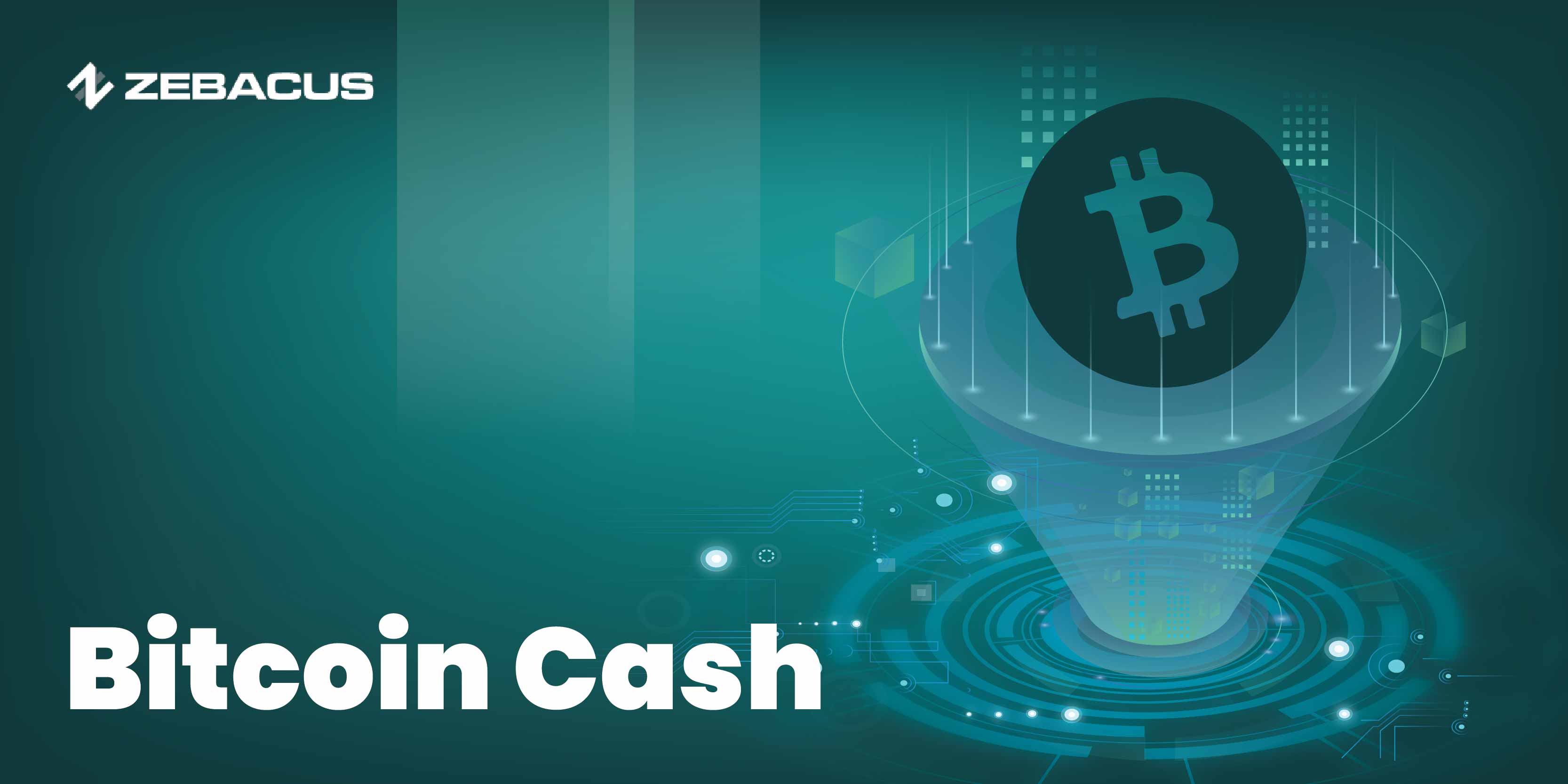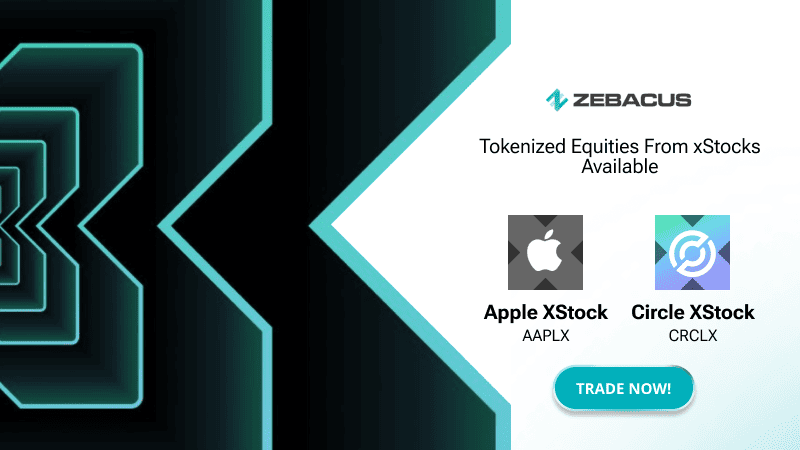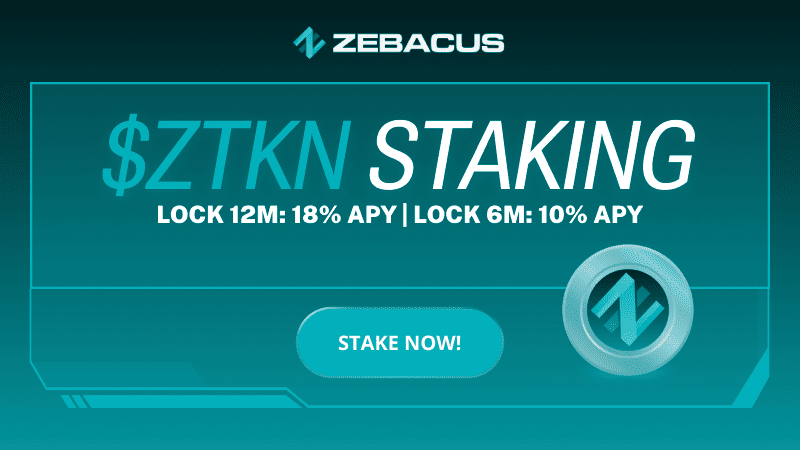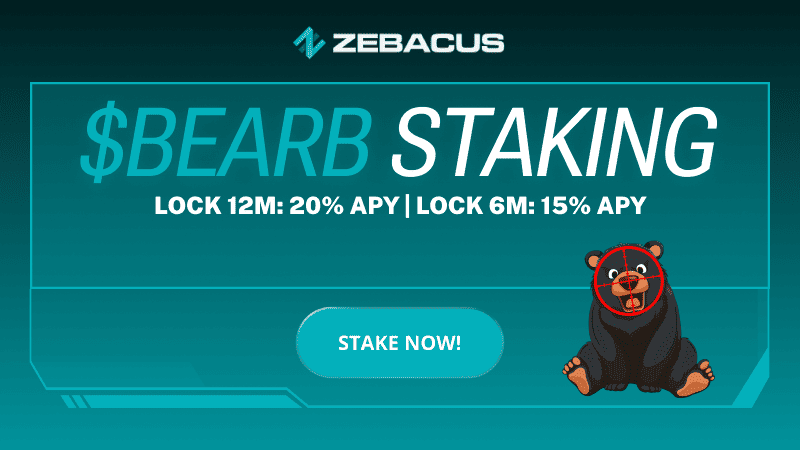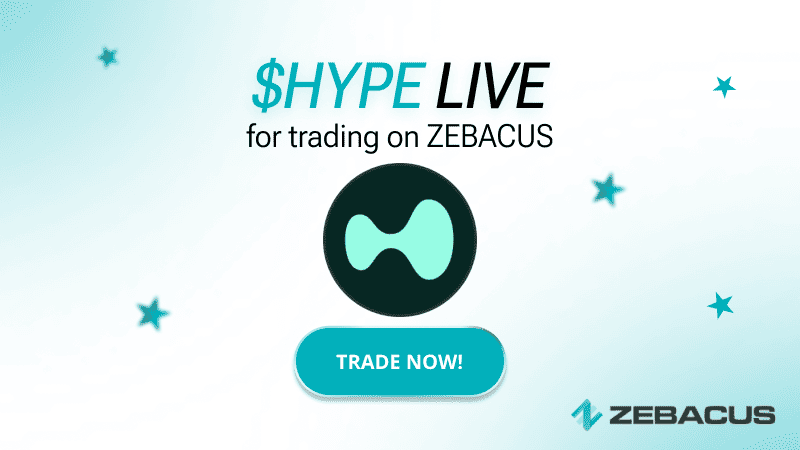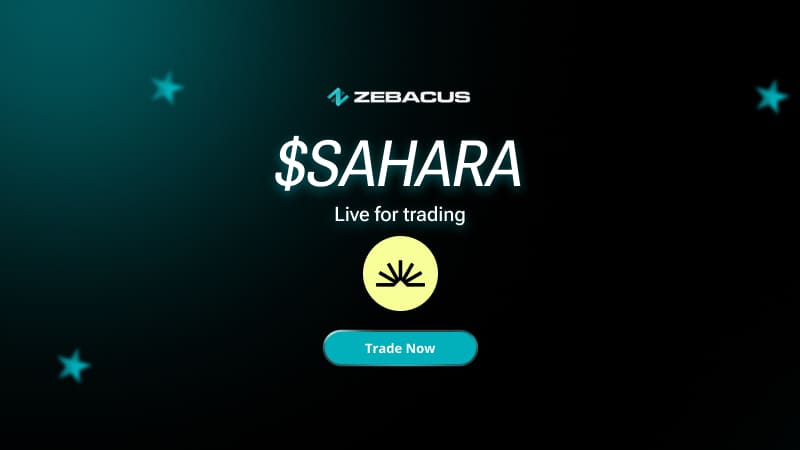What is Bitcoin Cash (BCH)?
If you have heard about Bitcoin Cash (BCH), odds are that you have also heard the story of Bitcoin (BTC) splitting into Bitcoin and Bitcoin Cash. But how can a currency split? We don’t hear the US Dollar or the Euro splitting, do we? The short answer is that Bitcoin is a software and not a currency. The long answer is– keep reading. We are diving into the world of Bitcoin Cash to clear up all the confusion and see what makes it tick. I will discuss the history of BCH, its working mechanism, and its significance in the crypto space. Buckle up, folks! A lot of action is coming.
The History of Bitcoin Cash
To understand Bitcoin Cash, we need to rewind a bit to the early days of its big brother, Bitcoin. Satoshi Nakamoto created Bitcoin in 2009, as a decentralized digital currency. Fast forward a few years, and Bitcoin was becoming increasingly popular and the blockchain started to get congested. Transactions were slower, and transaction fees were creeping up. This congestion sparked a heated debate in the Bitcoin community: how to scale Bitcoin to handle more transactions?
One camp wanted to keep blocks small, maintaining decentralization and security. The other camp argued for bigger blocks, which could process more transactions. But this would also demand more computing resources from nodes posing a threat to decentralization. In August 2017, this debate resulted in a hard fork. The Bitcoin blockchain, which is a ledger will now keep two separate accounts. Bitcoin continued with its small block approach, while Bitcoin Cash adopted larger blocks to increase transaction capacity.
Bitcoin vs. Bitcoin Cash: What’s the Difference?
Before August 1, 2017, Bitcoin and Bitcoin Cash share the same ledger. After the hard fork, the following have changed.
Block Size: Bitcoin Cash increased the block size limit from 1 MB to 8 MB at launch, and later to 32 MB. This means BCH can handle more transactions per block compared to Bitcoin.
Transaction Fees: Due to its larger blocks, Bitcoin Cash typically has lower transaction fees compared to Bitcoin.
Speed: Thanks to larger blocks, Bitcoin Cash transactions are generally processed more quickly. While Bitcoin might take anywhere from 10 minutes to an hour or more during high congestion periods, BCH transactions are often confirmed in just a few minutes.
Development Philosophy: Bitcoin developers prioritize security and decentralization, often moving more slowly to implement changes. Bitcoin Cash developers, on the other hand, are more focused on usability as digital cash, willing to make larger changes to improve transaction speed and lower costs.
How Does Bitcoin Cash Work?
At its core, Bitcoin Cash works the same as Bitcoin. It is a peer-to-peer digital currency that can be used for transactions anywhere in the world, without the need for a central authority like a bank. Transactions are verified by the same Proof-of-Work (PoW) consensus mechanism and recorded in the Bitcoin Cash blockchain ledger. Since Bitcoin Cash can handle many more transactions per second compared to Bitcoin, it is more suitable for everyday transactions like buying a cup of coffee or paying for online services.
Bitcoin Cash Criticism
Centralization Concerns: Larger blocks mean more storage and bandwidth are required to run a full node, which can limit the number of people who can participate in the network, potentially leading to a concentration of nodes under a few entities.
Less Security Focus: Critics argue that by prioritizing speed and lower fees, Bitcoin Cash may compromise on security.
Smaller Community: Compared to Bitcoin, Bitcoin Cash has a smaller community, which can arrest its growth and development.
Final Thoughts
Bitcoin Cash might have started as a contentious split from Bitcoin, but it’s carved out its own identity in the crypto space. With its focus on faster and cheaper transactions, it offers a viable alternative for those looking to use cryptocurrency as digital cash for daily use. The crypto world is still evolving, and BCH is no exception. Its developers are continually working on improving the network. Upcoming changes could include even larger block sizes or additional features to enhance privacy and smart contract functionality. One thing to keep an eye on is adoption. The more merchants and users that adopt BCH, the stronger its network becomes. Efforts to increase the use of Bitcoin Cash as a payment method are ongoing and this will be a key factor in its future trajectory.
